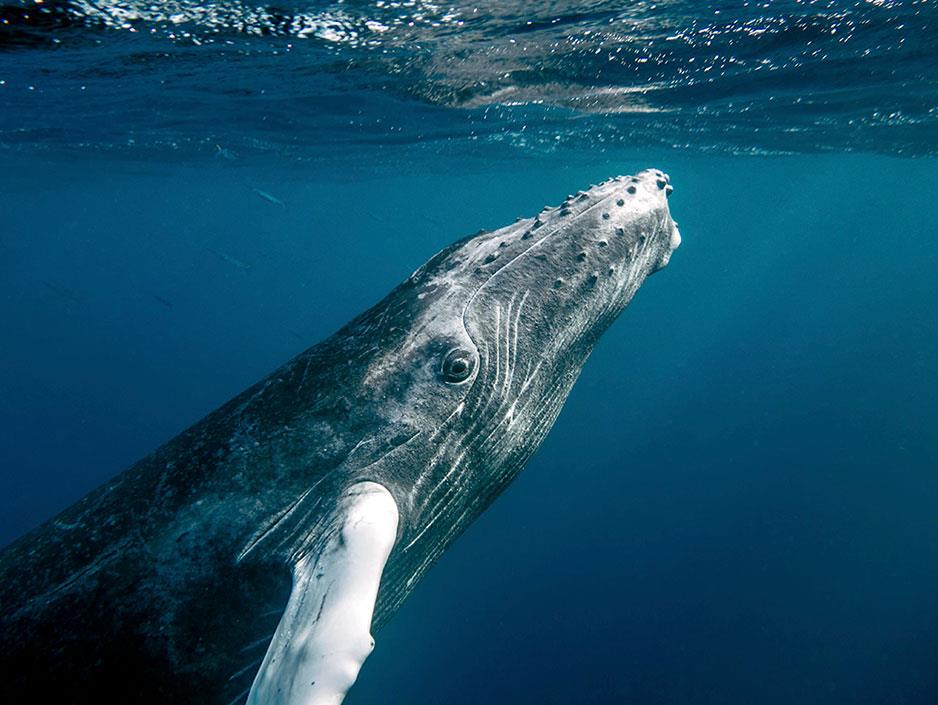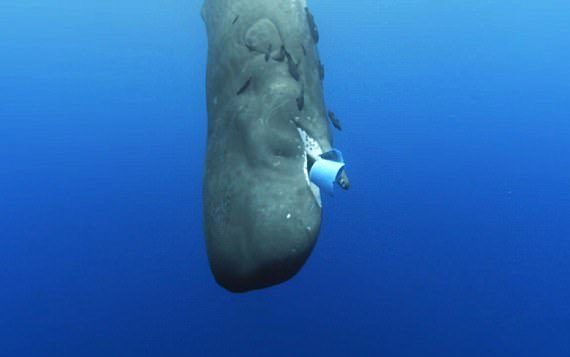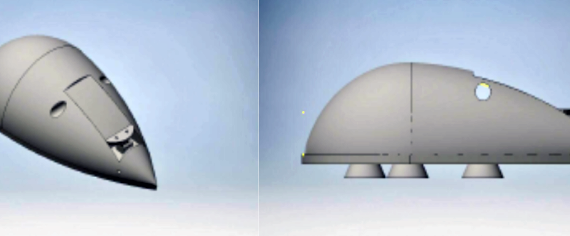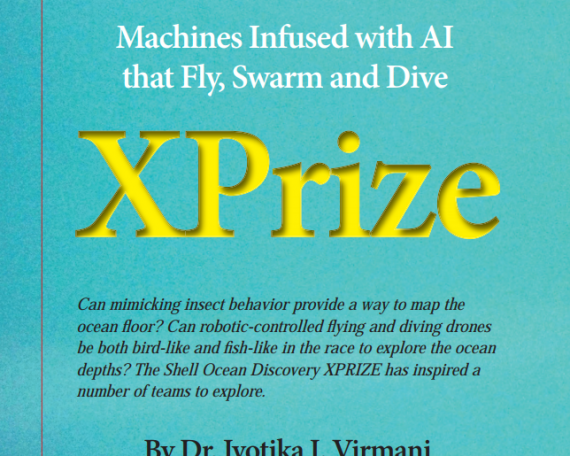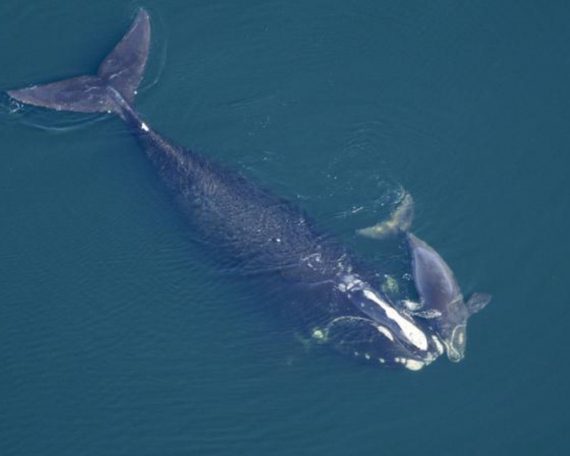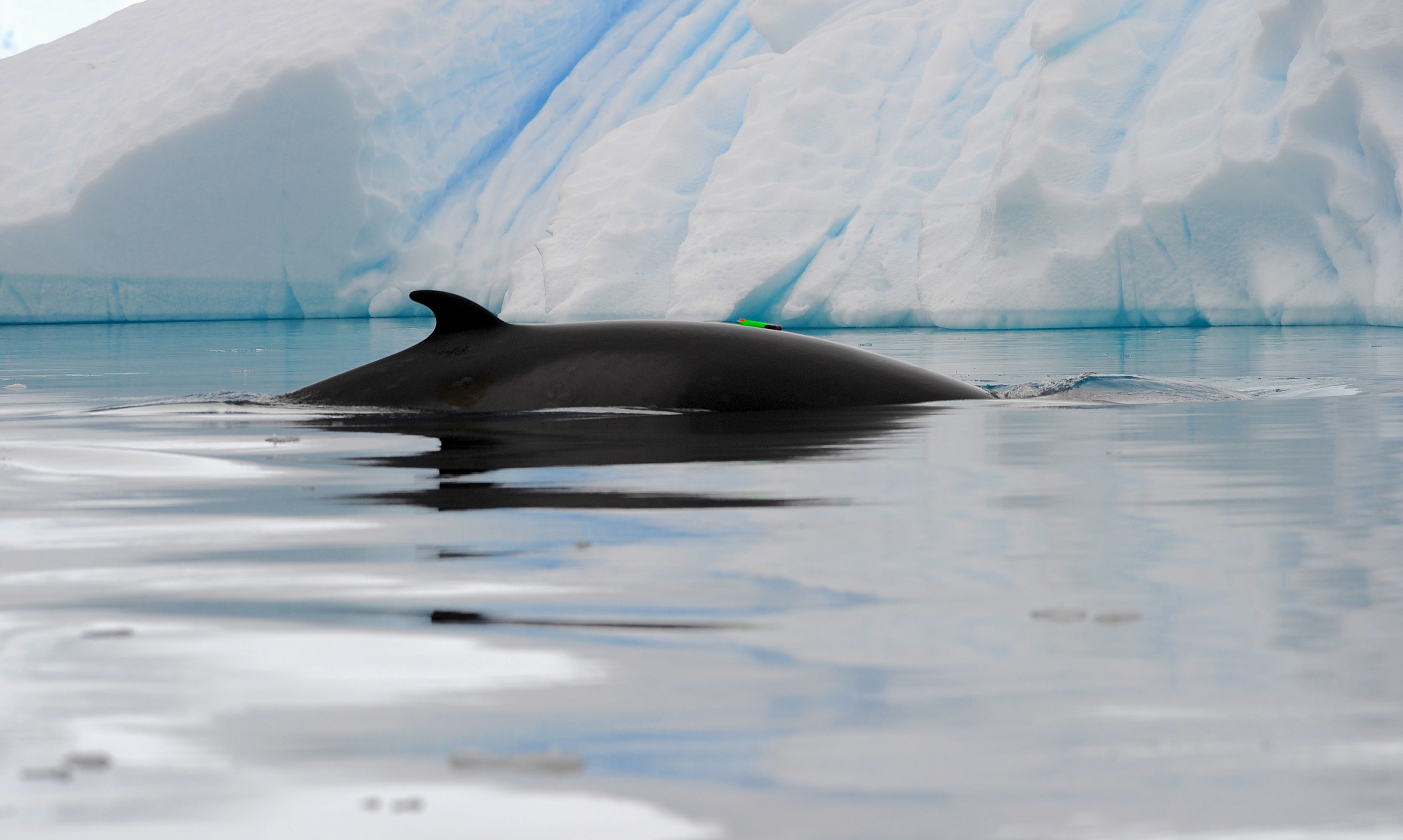Why are whales eating plastic bags? They may ‘sound’ like dinner.
Deep-diving toothed whales wash up dead with stomachs full of plastic and prey alike. Their built-in sonar likely can’t tell the difference. Check out Nowacek Lab Member Dr. Greg Merrill’s research feature in National Geographic HERE. https://www.nationalgeographic.com/animals/article/plastic-whales-echolocation-deep-sea



